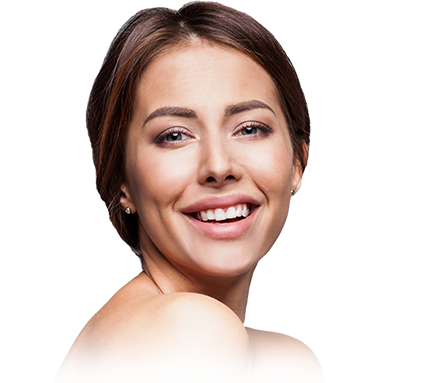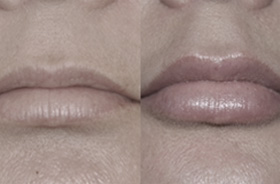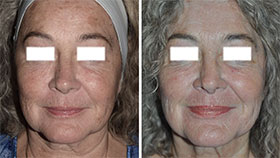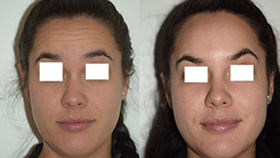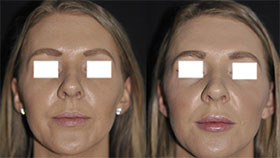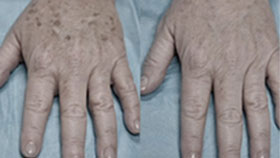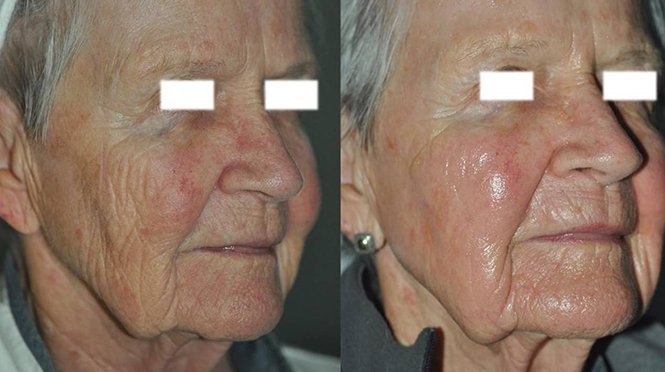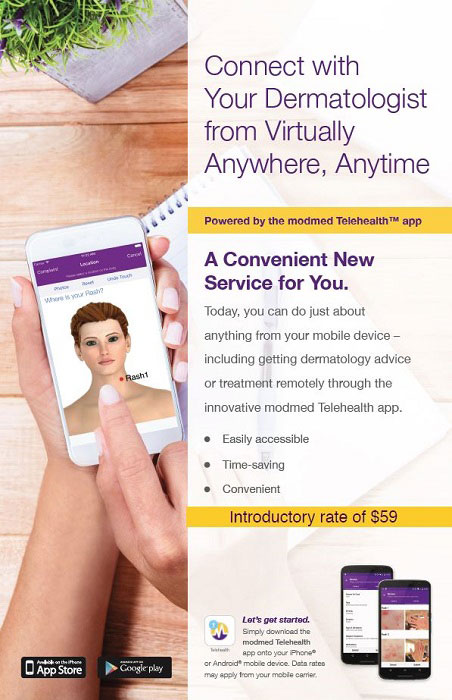A Potent Anti-Aging Cream
A common question my patients ask is: What “cream” should I use? However, the better question is, what ingredient to use? If I am limited to one ingredient, I would choose retinoic acid. I consider retinoic acid, which is topical vitamin A, to be the most potent anti-aging product available for our Florida patients. Retinoic acid works by promoting cell turnover and boosting collagen production, which leads to improvement in fine lines, decreased pore size, brighter skin tone, and improvement in acne. Retinoic acid also functions as an antioxidant (like Vitamin C) and can halt the free-radical damage caused by UV radiation.
There are two forms of retinoic acid: retinoids and retinols. Retinoids are prescription-strength retinoic acid. In contrast, retinols are available over the counter and need to be converted to active retinoic acid after application to the skin. Because of this conversion, retinols tend to be less potent and gentler than retinoids.
Retinoic acid is a great treatment for most people and age ranges. Commonly, retinoic acid is started in the teenage years to treat acne. I recommend starting to use it in your 20s and 30s as a preventive anti-aging treatment. Don’t worry, though; it is never too late to start. Adding it to your skin care regimen at any point is helpful.
The most common side effects of retinoic acid are temporary skin irritation, redness, and peeling. Thankfully, with a few simple instructions, these products can be quite tolerable. First, it is important to see your dermatologist and get the appropriate strength product, as there are many options. I recommend using the product every other night or even three times a week and slowly increasing to nightly if possible. Use only a pea-sized amount of medication to cover the entire face and mix it with moisturizer. People with baseline sensitive skin, such as those with eczema and rosacea, may require lower doses or reduced frequency of use. Unfortunately, there is a small subset of patients who are not able to tolerate it at all.
Retinoic acid can make your skin more sensitive to UV light. You should not have any trouble if you are wearing sunscreen daily. If you apply the retinoic acid in the evening, wash your face in the morning, and then apply sunscreen, there really is no concern. Thus, using a moisturizer with SPF is critical to the process. The sun will try to undo all the progress retinoic acid has made. So, remember to protect your investment!
For more advice about anti-aging products in Florida, contact our Skin Wellness Physicians team. Call (239) 732-0044 or contact us online.

